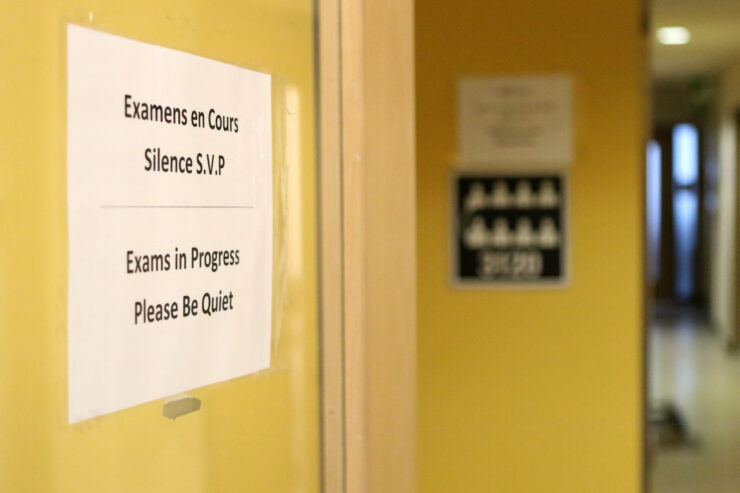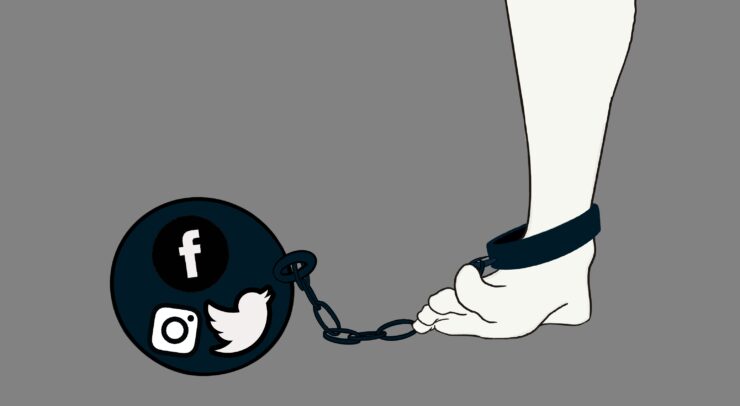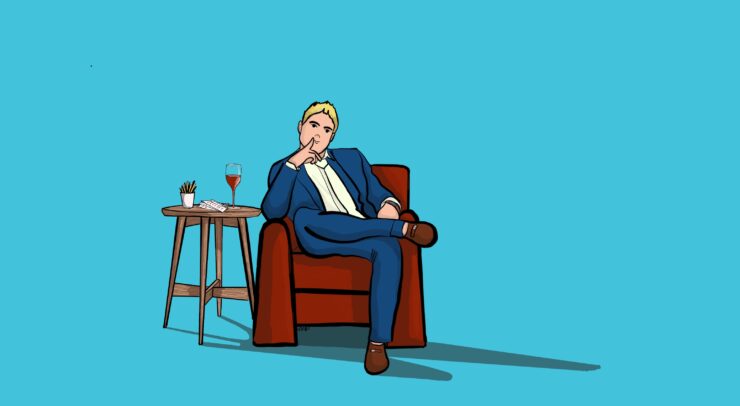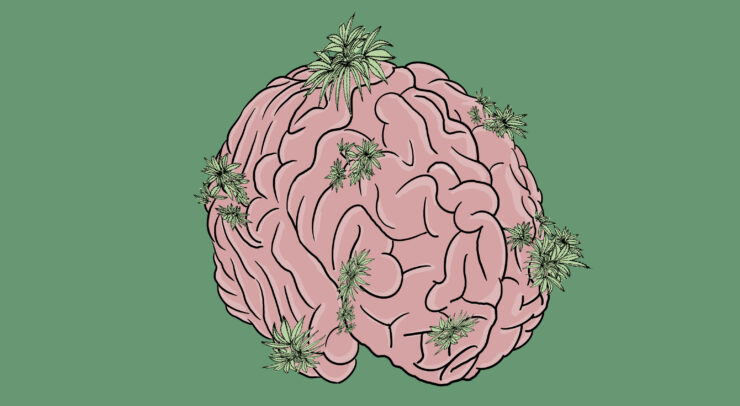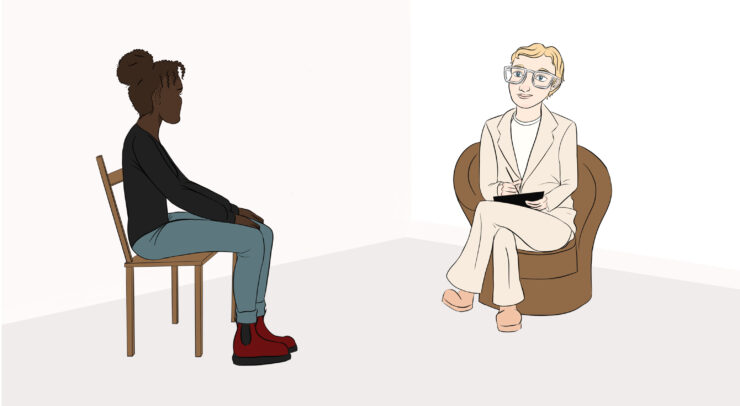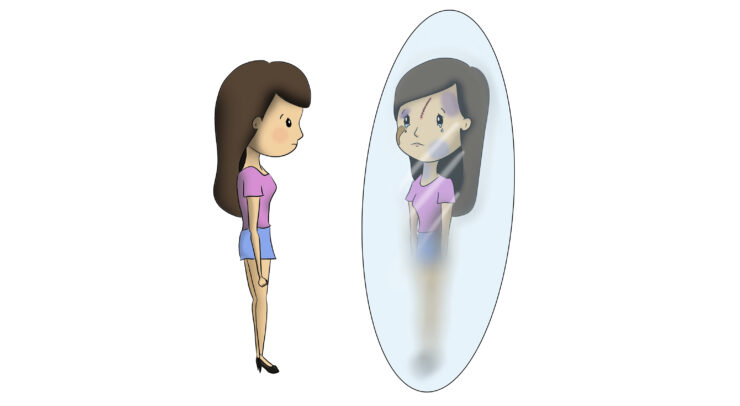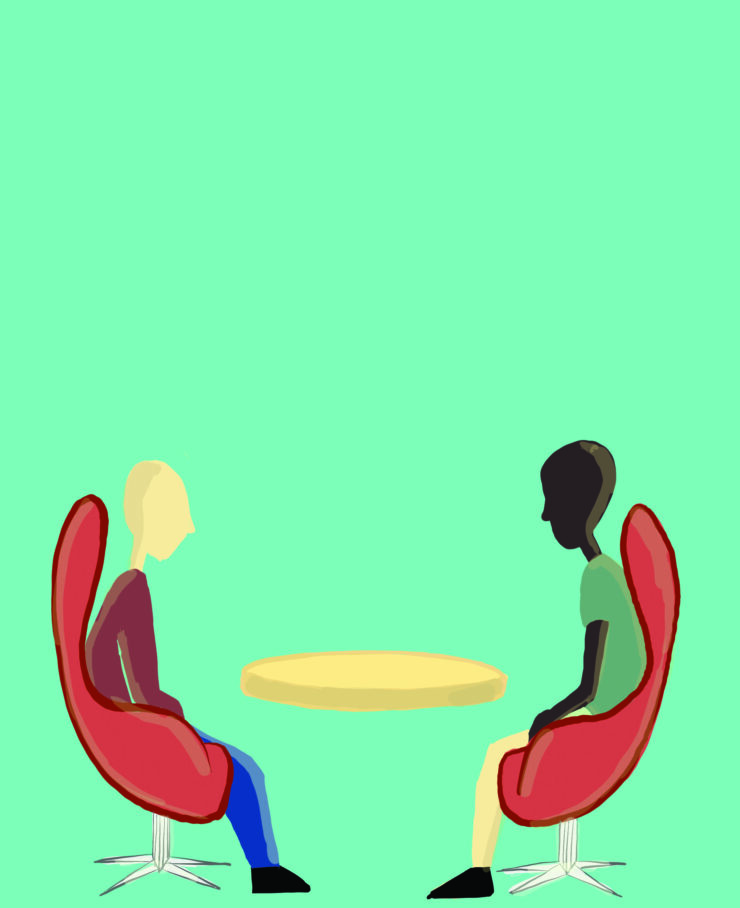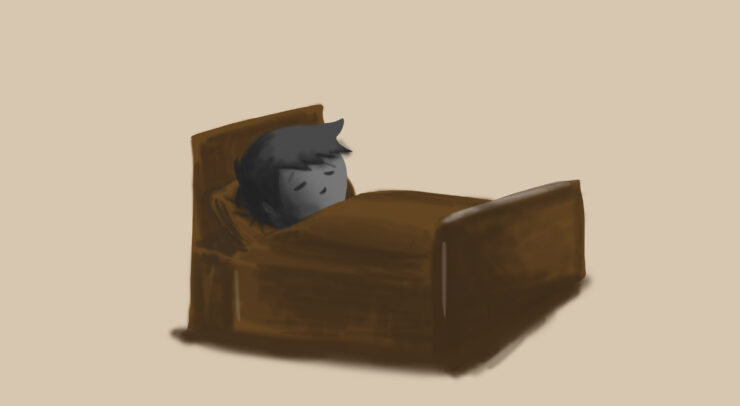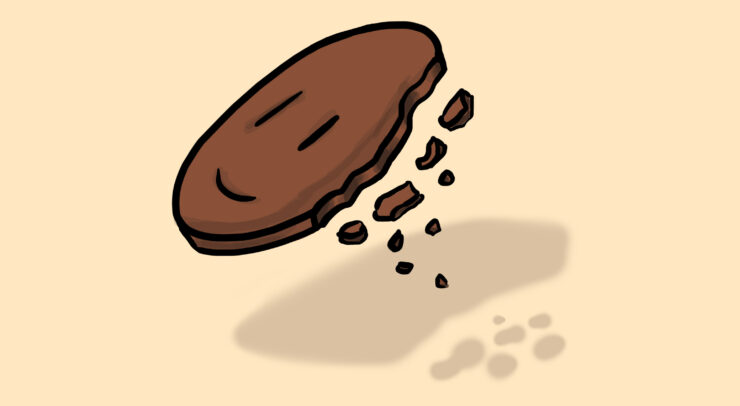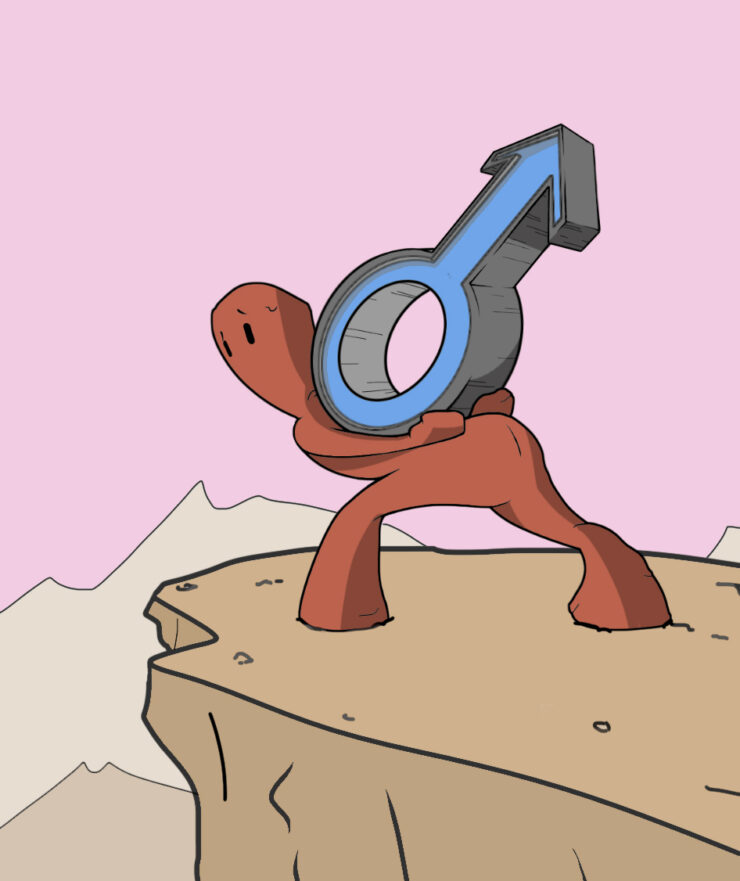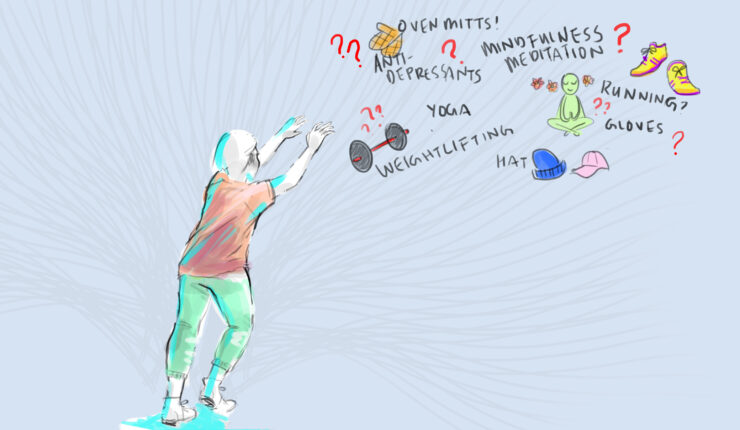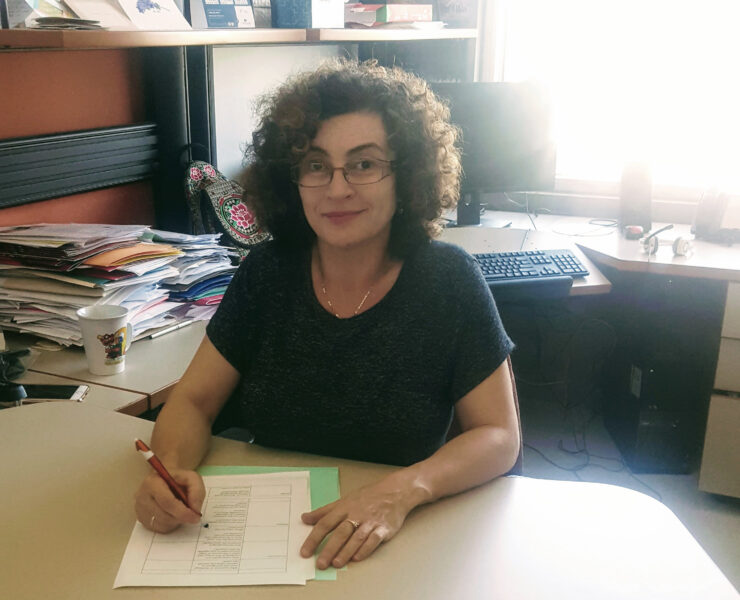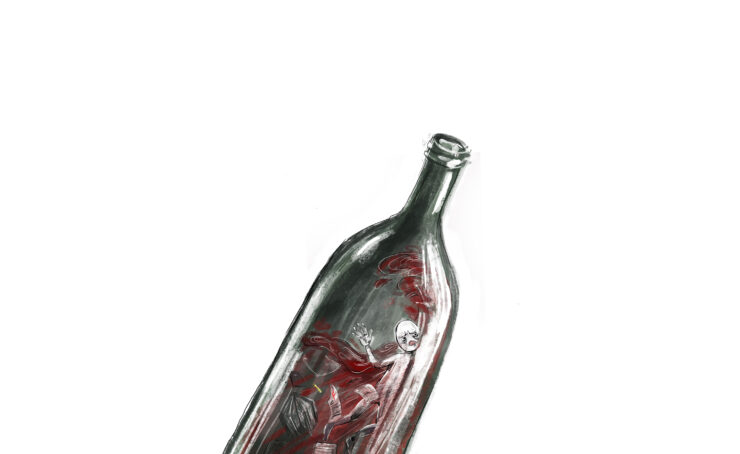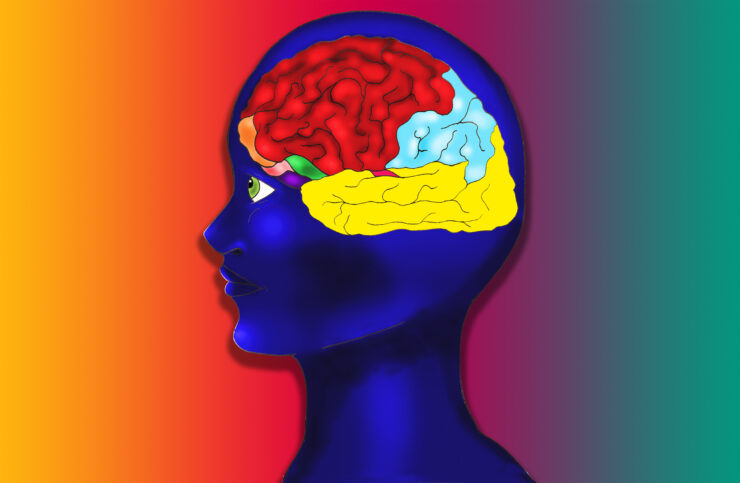In an overwhelmed healthcare system and at a time of intense pressure in the academic year, our campus mental health services should have an expanded availability to correspond to the potential increase in students experiencing a crisis.
Mental illness
“It’s a scary world … I’m just thankful to not have been a teenager in the world of the iPhone.” — Lynne McInally, clinical social worker, therapist and instructor at Humber College.
When it comes to chronic pain, mental and physical illness are often inextricably linked.
“For some people it’s almost a joke, like ‘yeah yeah yeah I had my ADHD day yesterday … when we know … it’s so different to have it 24/7.”
We can use this same approach for the war of the 21st century, the mental health crisis. All it takes is dedication and determination.
While we’re devoting our love and time to helping loved ones, we can often forget to take care of our own well-being in the process. This means taking some time each day to check in with your own mental health and having the courage to realize you might need some time to yourself to care for your own health.
For some regular cannabis consumers, the immediacy of relaxation that cannabis brings on has been enough of a reason to consider it as a day-to-day treatment for anxiety and stress.
“It’s a responsibility I think as healthcare providers to be able to understand and to be more sensitized to the different backgrounds your patients are coming from. I’m sitting here in your office, you’re my therapist, it’s not my job to be like ‘Well no, this is how immigrant parents think.’ You need to step up and educate yourself.”
The Fulcrum spoke to three students with different perspectives on youth political involvement to explore their insights and opinions into mental health. It became a brief but telling exploration of the challenges, supports, and lessons of staying healthy in the halls of power.
When the only thing we can do is hate ourselves, you remind us of all the reasons to do the opposite. When we can’t love ourselves, you do.
“These are the things I hold close when I remember that while growing up I contended with some things that no ten-year-old should.”
This fall marks the roll-out of a revamped Counselling and Coaching Service from the University of Ottawa’s Student Academic Success Service.
Your questions on mental health, answered.
If the most they were hoping for in creating these shows was a good story, then the creators of 13 Reasons Why and Insatiable should not feel a need to make them something they’re not: TV trailblazers that facilitate important conversation around mental health.
From my personal experience as a Chinese-Canadian, I find that mental illness and mental health are issues rarely (if ever) discussed in Chinese and East Asian households. It continues to be considered a non-serious issue and taboo subject, resulting in its highly stigmatized state.
The homogeneous representation of EDs in pop culture might seem benign to the onlooker. But in reality, lack of accurate representation translates to a lack of support, in both family relationships and the medical environment, for those who are suffering under the radar.
“We need to talk about the other end of the spectrum—the people who throw themselves into school or work or sports as a way of coping with their anxiety or depression or to fend off panic attacks or flashbacks.”
Having OCD can have serious impacts on your own life and those around you, and downplaying it can make those who have experienced it—either themselves or through others—feel misunderstood and like they are not being taken seriously.
When mental illness is turned into a challenge to be overcome rather than a diagnosable and treatable issue, it turns asking for help into a shameful surrender.
In April of 2017, I was in a pretty bad place. It was Brantford, Ontario, where old white people go to retire. My parents had moved there earlier that year, and I was home for a weekend in between final exams. That’s where I tried to take my life.
Some people believe these illnesses are simply bad habits that can be controlled, if only the person could exhibit just a little more “willpower” or “self-control.” Anyone with a BFRB will tell you that their illness is anything but a choice and that recovery has nothing to do with willpower.
Diana Inkpen, a professor of computer science at the University of Ottawa, is spearheading the development of a new Artificial Intelligence (AI) software designed to detect signs of mental illness online.
Though discussing the fine line between having one too many and misuse or addiction can be sobering, the Fulcrum encourages students to reformulate the extreme narratives around alcohol to make a little room for those who need support.
Leading researchers come together to tackle mental illness head on.
The intersection of poverty and mental illness on campus.

